In the eighties and nineties, when all we had were cathode ray television sets and free satellite TV, seeing animated shows developed from African comics was as strange as watching Netflix on smartphones in the middle of traffic in a 1992 version of Yaounde, Cameroon. This strangeness had little to do with the inexistence of the internet or touch screens at the time, and everything to do with the availability and reputation of African comics in that era. To be fair, African comics have been around for as long as the existence of comics go. However, most of these publications were only available in newspapers, were hardly based on popular fiction genres and were difficult to find in bookstores, newspaper stands and every other place where comic books were sold. Apart from massive successes like Kouakou, African comics were not usually on the forefront of source materials for adaptations into animated shows. There were shows like KIMBOO and KIRIKOU, however, these were not comic book adaptations
Fast forward to the early 2000s and things begin to change. The most notable projects in the first decade of the 2000s were SUPA STRIKAS and AYA: LIFE IN YOP CITY. Supa Strikas is a pan-African association football-themed comic, about the titular football team dubbed “the world’s greatest.” Despite their enormous talent, the players must adapt in a game where being the best is only the beginning and where the opposition is always full of surprises. Aya: Life in Yop City, on its part, is a lighthearted, lively and funny retelling of life in Cote D’Ivoire in the 1970s. This African comic book series, created by Marguerite Abouet, was first published in 2005. Recounting the adventures of the despicable Aya alongside her adventurous friends and highly dysfunctional family, this comic went on to win several prizes amongst which was the Prize for First Album at the 2006 Angoulême International Comics Festival. The popularity and ultimate success of this excellent comic naturally led to its adaptation into an animated film. The film was released in 2012 and, like its source material, it was a great success.

SUPA STRIKAS and AYA OF POP CITY ultimately opened the eyes of the world to the exotic nature of African storytelling and this saw the rise of many more animated shows based on African cultures, traditions and characters. Notable mentions include Black Panther, Magic Cellar, URBO: The Adventures of Pax Afrika, Tinga Tinga, Munki and Trunk, Bino and Fino, Super Sema, The Adventures of Noko Mashaba and Tales Of Africa: Papa Nzenu Conte L’afrique. Before we go any further, however, it is important to state here that despite all the influence and exposure that it brought to African content as a whole, Black Panther will not be considered as an African comic book adaptation. This is because, even though its themes and characters are African (like The Lion King), it was not created by Africans. That aside, it is clear from the above that there has been an upsurge in the interest in content that is from Africa.
Today, mega entertainment studios are interested in exploring African content in a big way. Apart from Black Panther that took Afrofuturism and African culture to a whole new level, there are movies like The Woman King which have seen great success as far as box office numbers are concerned. All of these successes have pushed these companies to look even further towards Africa and the results of this interest are quite interesting.
Even though it is not typically drawn from a comic book, the animated series IWAJU which is currently being developed by Disney and Kugali Media, is one of the recent big adaptation deals signed between a mega studio and African creators. This deal is particularly important because it is the first of its kind in a world where most of what is dished out to Africans as entertainment is created and distributed by the west. And, yes, we will consider this because it is the creation of Ziki Nelson of Kugali media, a purely African comic book publisher.
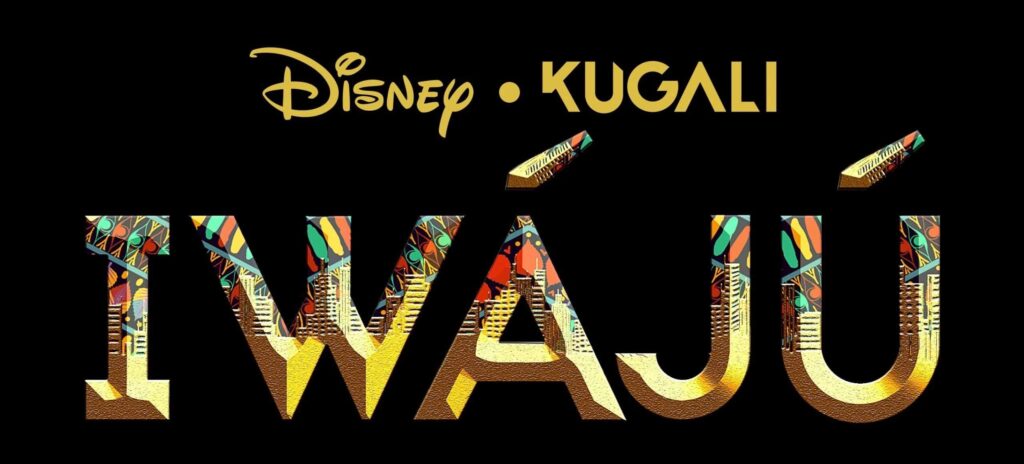
After Kugali Media, came the turn of YouNeek Studios. Founded by Roye Okupe, this independent comic book publisher has created and published some of the most iconic African comics out there. Stories like Malika: Warrior Queen, EXO: The Legend of Wale Williams and Iyanu: Child of Wonder have entertained and wowed comic book fans from different parts of the world. This brilliant use of African storytelling in comics has not just earned the studio the admiration of fans, but it has also earned them great adaptation deals for their stellar content. In 2022, Iyanu: Child of Wonder was greenlit for an adaptation into an animation series by HBO. This is another big win for African comics because this is a purely African story which celebrates African cultures and thereby innovates deeply in a market which is almost void of productions like these.
The most recent African comics adaptation deal was sealed between Comic Republic and Universal Studios in 2023. Comic Republic is a Nigerian comic book studio that has worked hard on the creation and promotion of African comics for so many years. On their website and android application, they have published mostly African superhero based comics for free, entertaining millions of fans across the world. This deal sees Universal studios take on the task of bringing Comic Republic’s complex web of superhero characters to life in animated series which Africans and fans of comics across the world cannot wait to see.

So, what does all this mean for African comics creators? Simply put, it means that, more than ever before, African content is at the forefront of entertainment today and African comics constitute a pool from which to draw undiscovered gems for the creation of top notch entertainment products. The focus of this article may have been on animated shows, but the possibilities are wide. Mega entertainment companies haven’t yet scratched the surface of what is potential as far as African content is concerned. They may be developing animated shows today but this can quickly evolve to video games, movies, merchandise etc. So, if you are an African creator and you have a great story to tell, now is the time.
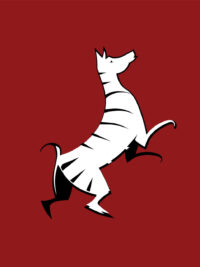
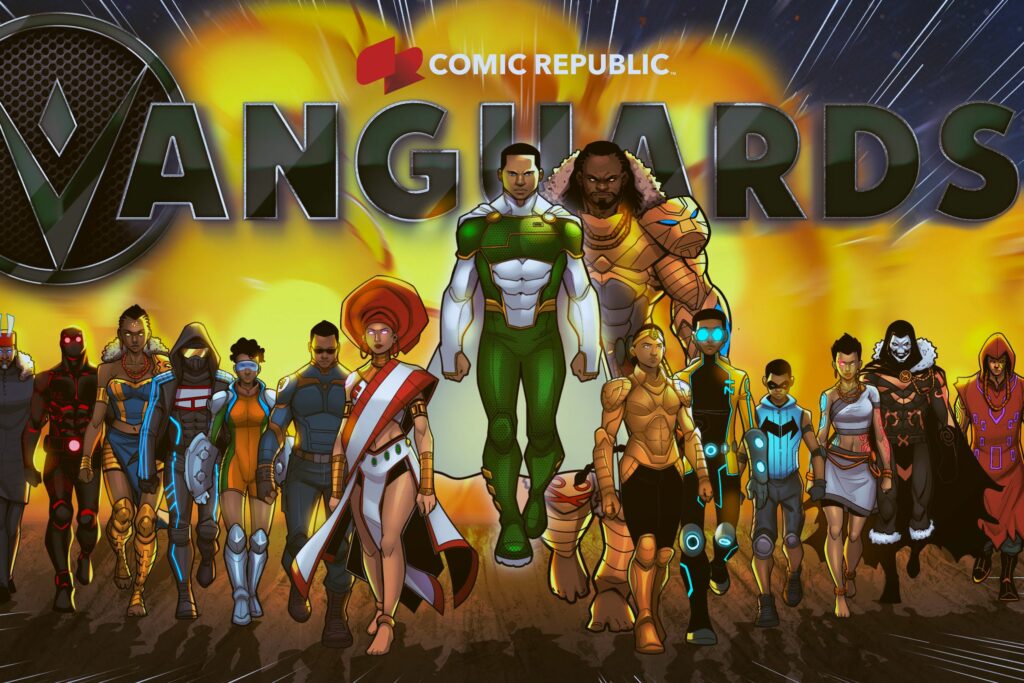
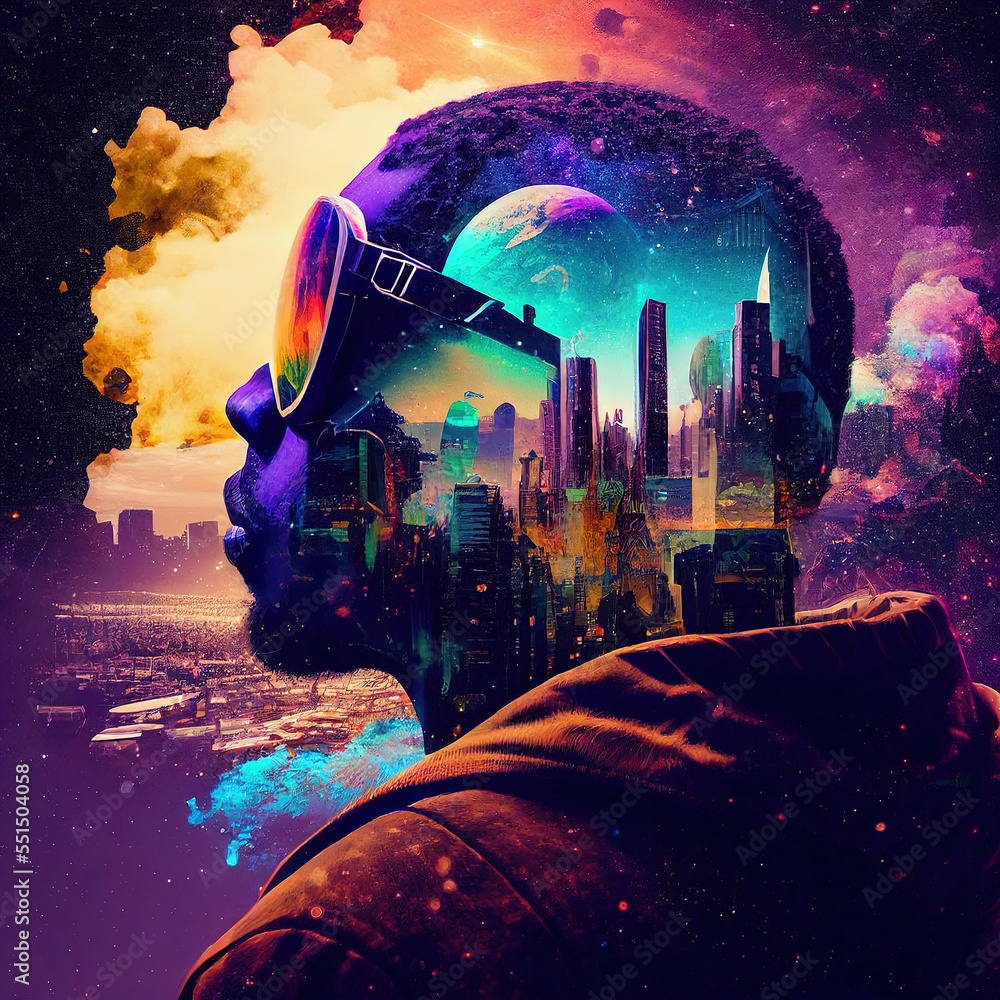
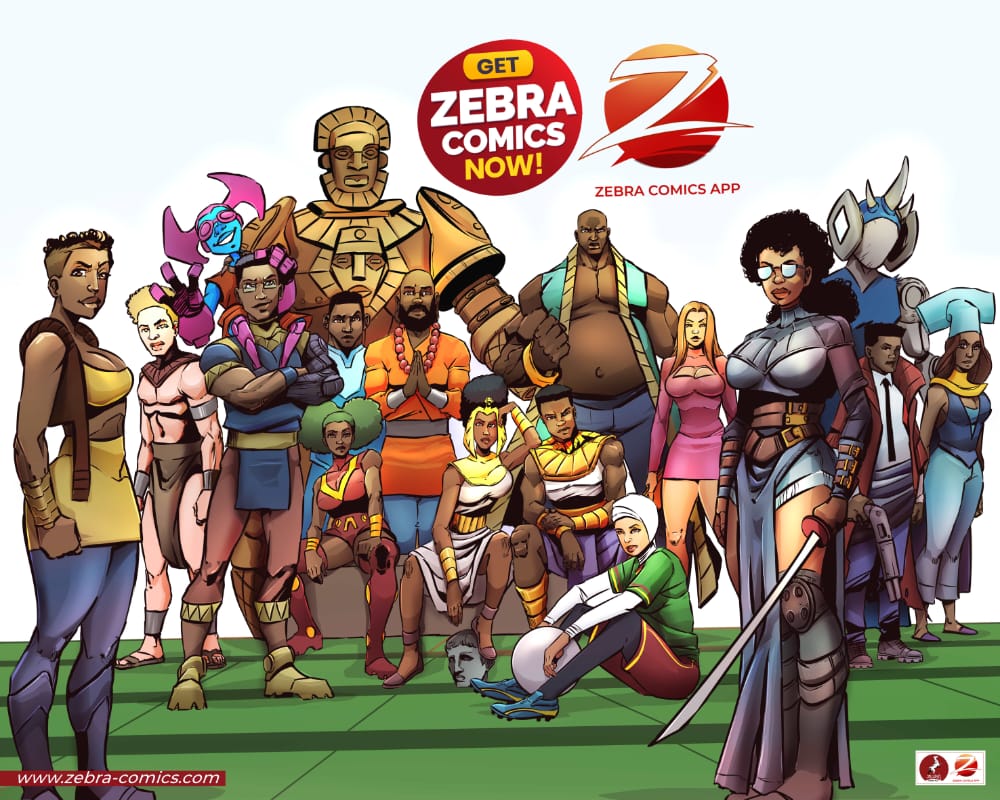
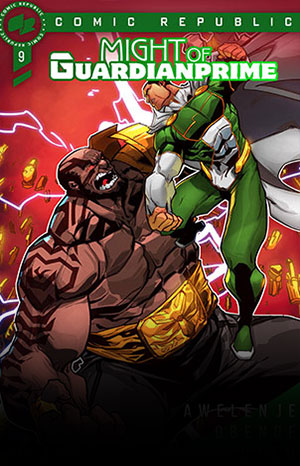
Interesting